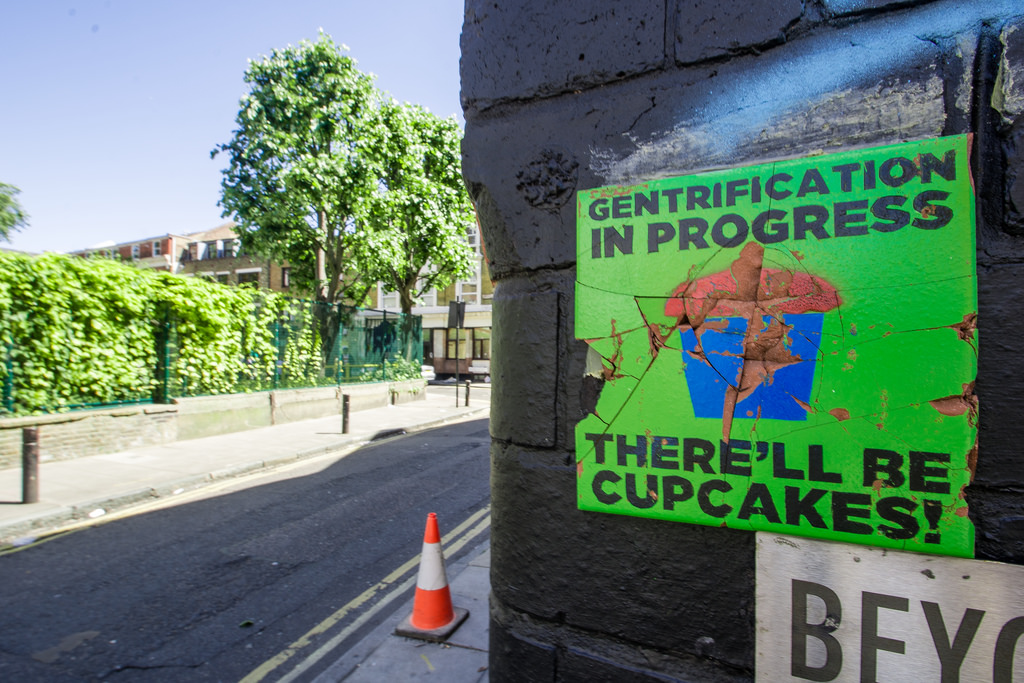Most, if not all, of the classes incoming freshmen take are mandatory, assigned without any student input based on your majors. While this sucks for a few terms, once all of the general education credits are out of the way, you’ll have a ton of freedom. What do you plan to do?
The pragmatic answer, the one that requires no thought, is to take every class that I need to graduate. But many majors require prerequisites. This means you’ll probably end up taking electives that you have no interest in just to fill up your schedule. Since you’ll be taking extra electives anyway, why not get yourself a minor? And not just any type of minor — a language minor.
A language minor is ideal because there are many opportunities associated with it, and odds are, you already had to take some sort of language course in high school. It is simple to just continue what you have learned and turn it into an actual minor that has value in the working world. The placement tests can be incredibly hard, but the tradeoff is that about a 30 percent will allow you to skip the entire first level. If you are reasonably fluent, you can begin taking the courses that count toward your minor immediately.
As a resume builder, language skills are unparalleled. Potential employers look to see what sets you apart from the dozens of applications that land on their desk and knowing another language is just uncommon enough to stick. If nothing else, it is a talking point that you can use to branch out to other areas and better gauge the mood of the room. Being fluent in another language, especially one that you had to dedicate quite a bit of time learning, means that you are naturally more fluent in your first language. This eloquence translates to new connections and greater care when choosing your words, something that employers realize.
Your sphere of influence expands as well. Suddenly, you do not have to limit yourself to this country and can reach out to go international. If your field has important ties to a certain area, learning that language will give you a leg up on your competition. An engineering major would benefit from learning some of the German language because they could then take a position available in Germany. Skilled international workers are always in demand. Studying abroad is another potential option and certain classes will allow you to secure the placement and fit in easily.
Involvement in college is key, everyone will tell you that, but your involvement should not be as random as it undoubtedly was in high school. Now that you’ve made it to college, all of your extracurriculars should be in areas that interest you, so that they can ultimately allow you to flourish. Languages give you the opportunity to transcend borders with your words and ideas. I highly recommend you pick one up.





